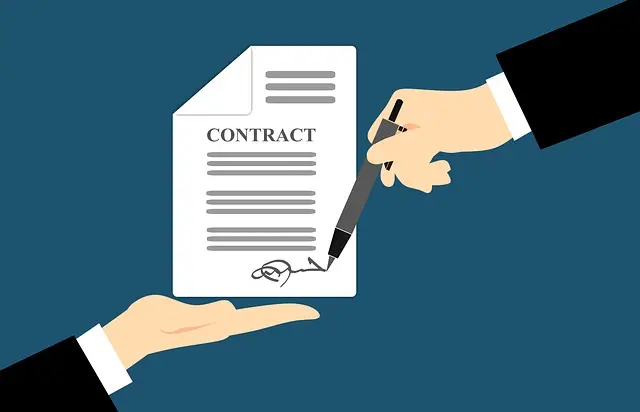What do I do if my employer tries to force me to come back to work early from disability leave?

As the Canadian workforce continues to get older, the number of workers facing disability issues continues to rise. Benefits Canada has recently posted an article stating that there has been a rise in the number of employed Canadians that require time away due to disability. According to the article, up to 45% of workers responding to the survey felt that their employer pressured them to try to come back to work too early from disability leave (Transcontinental Media G.P. 2019).
Our law firm has had the same experience as we regularly get calls from workers who believe that their employer is improperly attempting to force them to go back to work too early. It is important to remember that the relationship between employee and employer is based on contract and there are mutual obligations that flow back and forth. In addition, an employee may have obligations to her coworkers, members of the public, and the insurance company from which she is seeking to receive benefits. However, it is also important to remember that both the insurance company and the employer have obligations to the worker.
What is an employee's contractual obligation?
With respect to an employee's contractual obligation to work, an employee is obligated to make reasonable efforts to attend at the workplace to fulfill her duties, to be an honest and competent employee, and to fulfill the terms of their contract. If an employee faces medical restrictions that impair their ability to work, then they are obligated to explore whether accommodations might be put in place that will allow them to return to work in some capacity.
The employer is obligated to provide an appropriate and safe work environment and to comply with its obligations pursuant to the Employment Standards Act, the Human Rights Code, and the Worker's Compensation Act, the Occupational Health & Safety Act, and other work related legislation. This legislation may obligate the employer to allow the worker to be off for certain number of emergency leave days.
In the case of ongoing disability, human rights legislation also obligates the employer to attempt to accommodate the employee to the point of undue hardship. In our experience, in disability cases, there is often a disagreement between the employee, the employer, and the insurance company with respect to whether the employee is capable of returning to work, what restrictions (if any) are necessary, and whether the employee might be able to work with some sort of accommodation. Insurance companies are obviously interested in getting an employee off claim and back to work. They may obtain medical opinions, transferable skills analysis, surveillance, rehabilitation reports and other evidence to bolster their argument that an employee should be able to return.
Is an employee obligated to return to work just because either their employer or insurance company are pressuring them to do so?
Of course not.
Employers and insurance companies may suggest that employees can return to work because accommodation has been offered or provided. This accommodation might include modified work hours, modified job duties, or the provision of specialized devices or equipment. However, it is important to remember that the employee and their doctor are entitled to determine if they agree with the proposed accommodation.
Yes, an employee is obligated to attempt to return work if reasonable efforts to accommodate the disability are made, but that does not mean an employee is obligated to injure themselves or to engage in work activities that they are not reasonably capable of doing. Employees that feel that they are being pressured to return to work should find out exactly what accommodation is being proposed by either their employer or their insurance company. Where modified hours or conditions of employment are being proposed, they should take the job description to the doctor and have a serious conversation as to whether the doctor agrees that the proposal represents a reasonable effort to accommodate and whether the employee should participate.
If the employee's doctor supports the fact that unreasonable demands are being made, the employee is within their rights to resist being placed in an unreasonable position. Threats by either the employer or the insurance company to terminate disability benefits or even employment may constitute bad faith and expose the employer and/or the insurance company claims for bad faith conduct. Unreasonable demands may also constitute a violation of the workers' rights under the Ontario Human Rights Code.
Contact Rastin Gluckstein Lawyers
Employees who believe that they are being wrongfully threatened with termination, are being forced back to work before they are ready (especially if their family doctor agrees), or who feel that their rights are being wrongfully infringed should consult with a lawyer who has expertise in both disability and employment law. Contact us today for a free consultation. Our legal team is ready to answer your questions.
Expertise.
Share
Subscribe to our Newsletter
